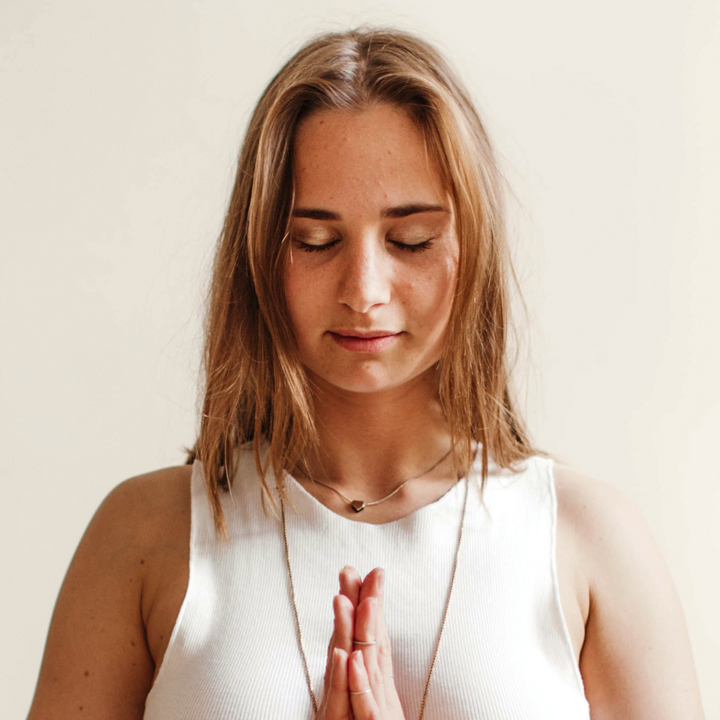Resilience Tip Sheets | Mindfulness and Self-Compassion

Voices Tip Sheets • Helping Families & Communities Heal After Tragedy
Mindfulness and Self-Compassion
“Mindfulness is the awareness that emerges through paying attention in a particular way: on purpose, in the present moment, and non-judgmentally.” – Jon Kabat-Zinn
What is mindfulness and how is it practiced?
Mindfulness is the basic human ability to be fully present, aware of where we are and what we’re doing, and not overly reactive or overwhelmed by what’s going on around us. It is an ability that every human being already possesses – we must learn how to access it. Best of all, it’s free
Understanding Mindfulness
Instinctually we wired for survival, not for happiness – this often results in our innate negativity bias, our natural tendency to react more readily and dwell on negative stimuli like stress, fear, and doubt. To achieve mindfulness, we must be intentional about being positive. We are “Velcro for the bad, Teflon for the good.”
Important Facts to Keep in Mind
- It is impossible to completely quiet your mind, and that is okay
- Your mind will wander, and that is normal
- Mindfulness is free – there is nothing you need to purchase to practice mindfulness
Why Mindfulness is important?
- Increases self-awareness
- Decrease judgmental thinking
- Allow us to react appropriately to situations
- Brings us to the present moment on purpose
- Allows us to be aware of bodily sensations
- Allows us to determine whether or not an experience is pleasurable, not pleasurable, or neutral without bringing in any other ideas
What are the Psychological Benefits of Mindfulness?
- Reduced rumination
- Decreases obsessive thinking
- Stress reduction
- Decreases negative emotional reactivity
- Increases cognitive flexibility
- Boost working memory
- Increases focus
How to Practice Mindfulness
- Take a seat – find a place to sit that feels calm & quiet
- Set a time limit – 5 to 10 minutes is best for beginners
- Notice your body – you can sit or kneel, just make sure you are in a stable position
- Feel your breath – follow the sensation of your breath as it goes out and then in
- Notice when your mind has wandered – simply return your attention to your breath
- Be kind to your wandering mind – don’t judge yourself or obsess over thoughts, just return to your breath
Activities That Can Also Be Mindfulness Practices
There are many ways to achieve mindfulness including:
- Reading/writing, Yoga, Art, Gardening, Dancing/music, Enjoying nature and Swimming
Understanding Self-Compassion
What is Self-Compassion?
- Treating ourselves with same kindness we would readily give to a friend or loved one
- Being flexible and non-judgmental with ourselves
The Three Components of Self-Compassion
- Mindfulness – ability to know when we are suffering
- Common humanity – understanding that suffering is part of life, and that we all go through challenges
- Self-kindness – offering ourselves compassionate words/gestures to sooth ourselves
Benefits of Self-Compassion?
- Reduced hyper-arousal/parasympathetic nervous system normalizes
- Avoid burnout (brain going into catastrophic mode)
- Heightened receptiveness and curiosity to our surroundings and ourselves
- Decreased inflammation
- Improved immune system functioning
- Blood pressure and heart rate decrease
- Ability to see new possibilities
VOICES Support - Phone: 203-966-3911; Email: support [at] voicescenter.org (Support[at]VoicesCenter[dot]org)
VOICES Mission - From 9/11 to today, Voices Center for Resilience assists communities in preparing for and recovering from tragedy, and provides long-term support and resources that promote mental health care and wellness, for victims’ families, responders and survivors.
